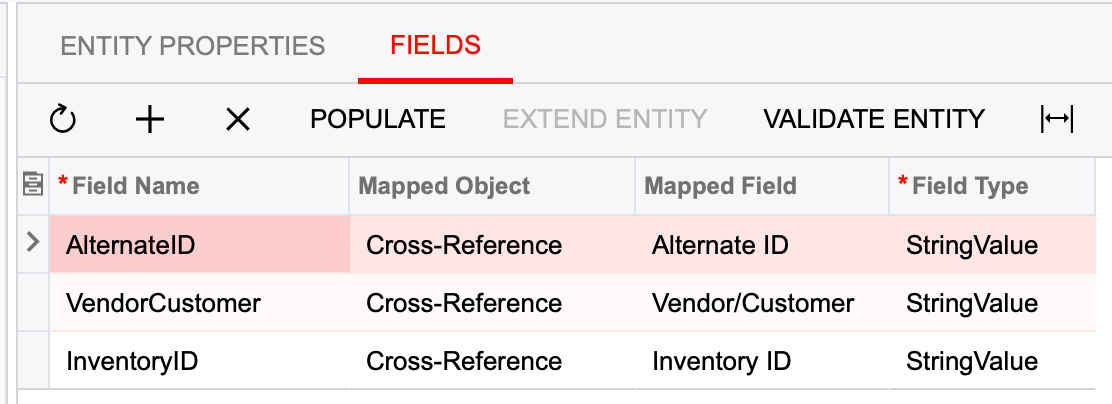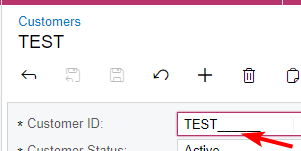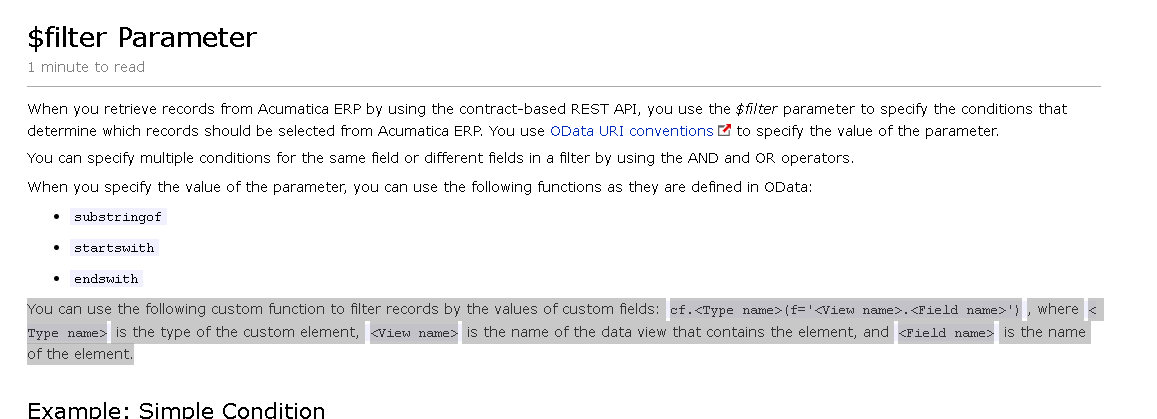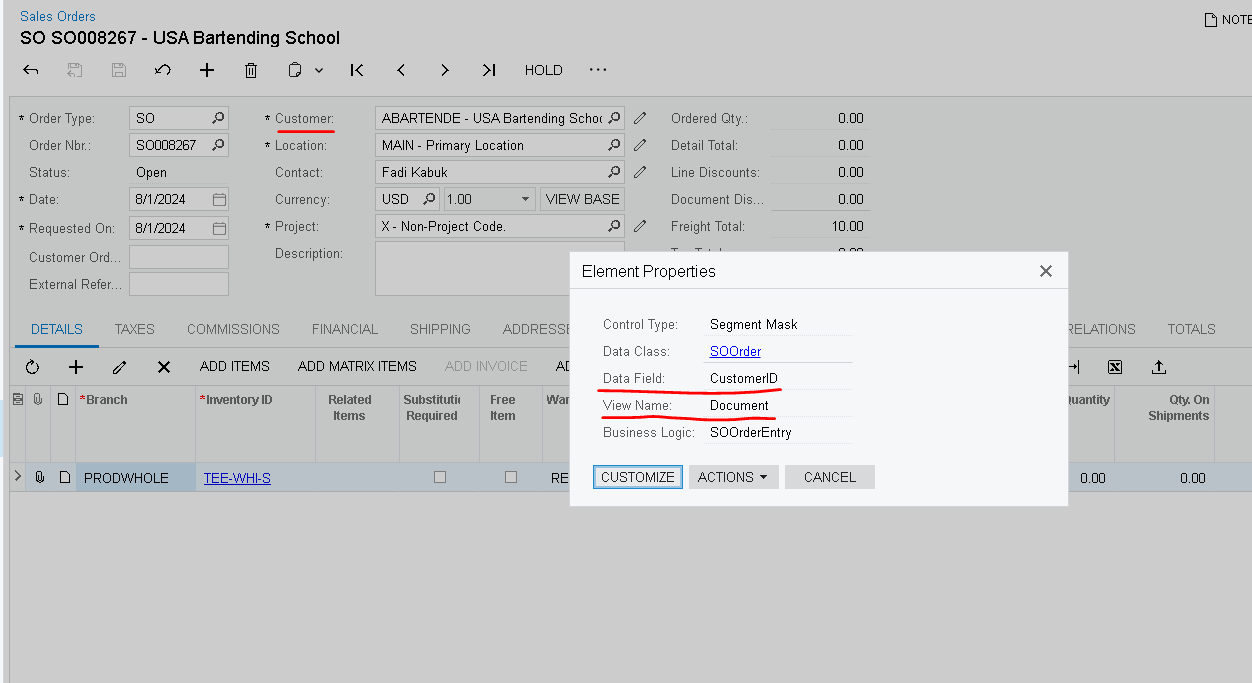We have extended the StockItems endpoint from 23.200.001

to include the following fields

It works great when filtering on AlternateID or InventoryID but when we try to filter on VendorCustomer we get a nil object unless we use substringof.
Here’s an example:
GET Request: ~/23.200.001/PartNumberXRef/?$filter=InventoryID eq '104175' and substringof('00250'%2CVendorCustomer)
Returns: [{"id":"655f9396-3b5a-4796-8031-f18d8c447610","rowNumber":1,"note":null,"AlternateID":{"value":"3639541"},"InventoryID":{"value":"104175"},"VendorCustomer":{"value":"000000000250"},"custom":{}}]
If we try this request, we get a nil object.
GET Request: ~/23.200.001/PartNumberXRef/?$filter=InventoryID eq '104175' and VendorCustomer eq '000000000250'
Returns: []
Any thoughts as to why the equals query is not working or what we’re doing wrong?
Thank you in advance.








